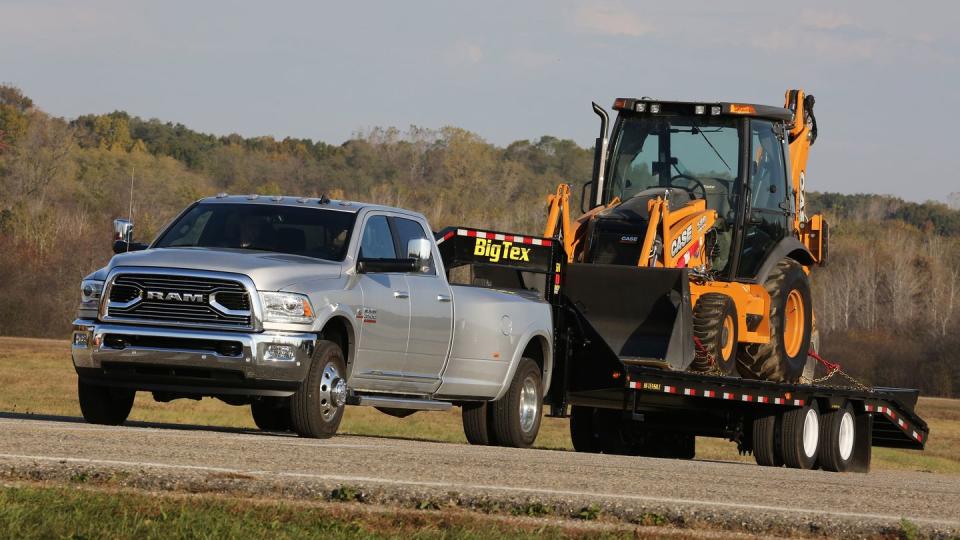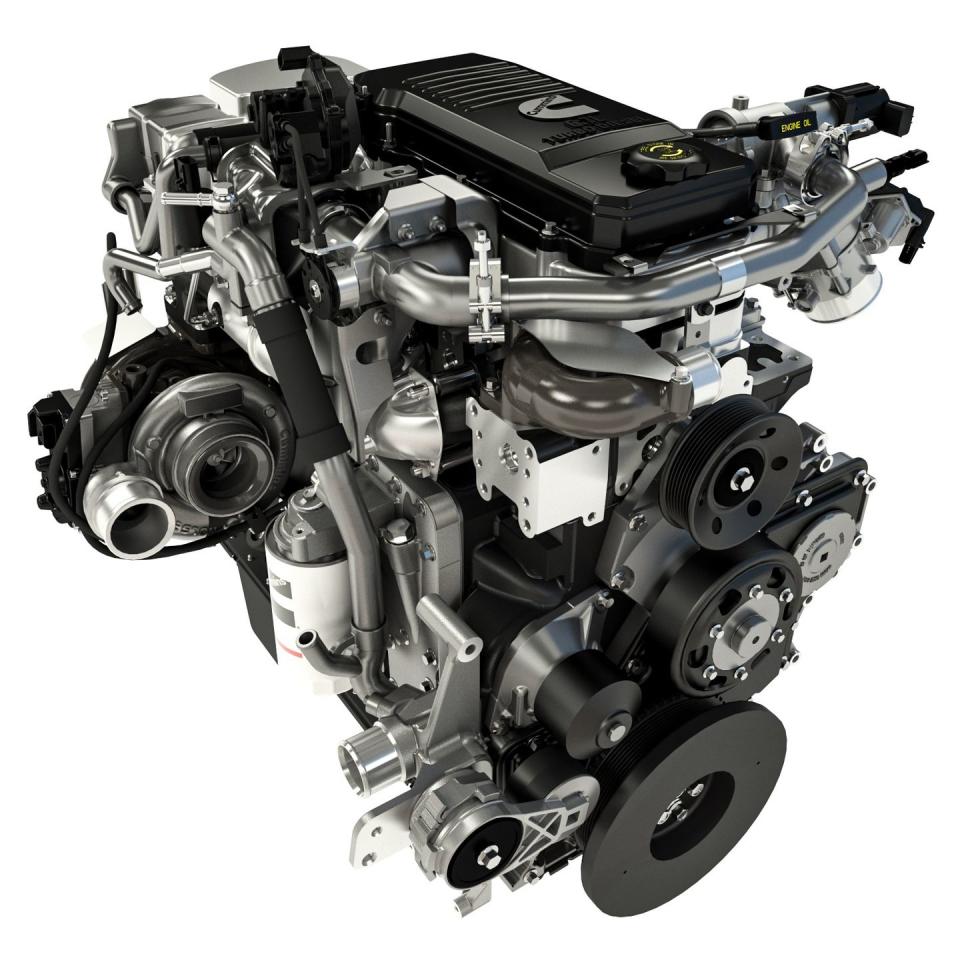Cummins to Recall 600,000 Diesel Ram Trucks Following $2 Billion Emissions Penalty

Nearly a decade after Dieselgate, another huge emissions scandal is set to reach its conclusion with a record-breaking settlement and a huge recall. This time it is Cummins in the legal crosshairs, and although it denies wrongdoing, the engine maker has agreed to pay a $1.675 billion penalty for diesel engines in Ram pickups fitted with "defeat devices"that allowed excessive nitrogen oxide (NOx) levels in everyday use, federal officials say.
Cummins will also pay another $325 million towards remedying the violations and also recall more than 630,000 Ram 2500 and 3500 trucks, according to the settlement, published by the Environmental Protection Agency on Wednesday. The recall involves rigs fitted with the long-serving 6.7-liter inline-six turbodiesel that were produced between 2013 and 2019.
The penalty will be the largest ever levied for a violation of the Clean Air Act, being higher than the $1.45 billion that Volkswagen paid for Dieselgate. It has been jointly agreed between Cummins and both the federal government (in the guise of the Justice Department and EPA) as well as the California Air Resources Board (CARB) and California’s Attorney General’s Office. Note to other automakers and suppliers: don’t mess with these guys.

The EPA says it originally discovered that diesel-powered Ram trucks were performing differently in real-world and laboratory conditions during post-Dieselgate testing. As with Volkswagen, this is alleged to have been done using defeat devices which detected when a truck was undergoing the standard emissions testing cycle and would work to reduce emissions accordingly. Much higher levels of NOx emissions were then emitted during normal driving. As all Cummins 6.7-liter Ram trucks from the 2013 model year onwards have been fitted with Diesel Exhaust Fluid injection systems – explicitly to reduce NOx – it looks as if this was operating at a lower level.

 Yahoo Autos
Yahoo Autos 